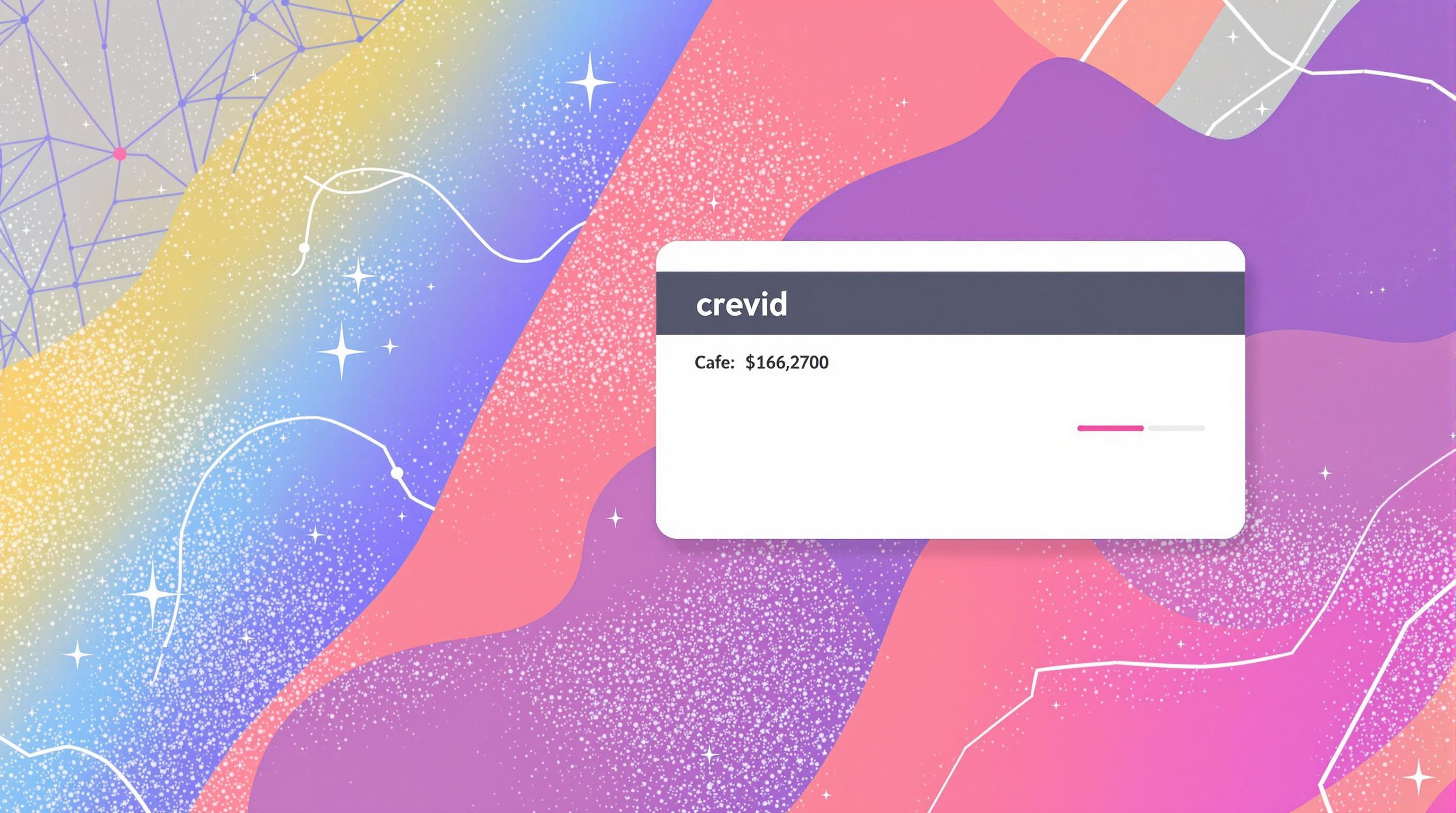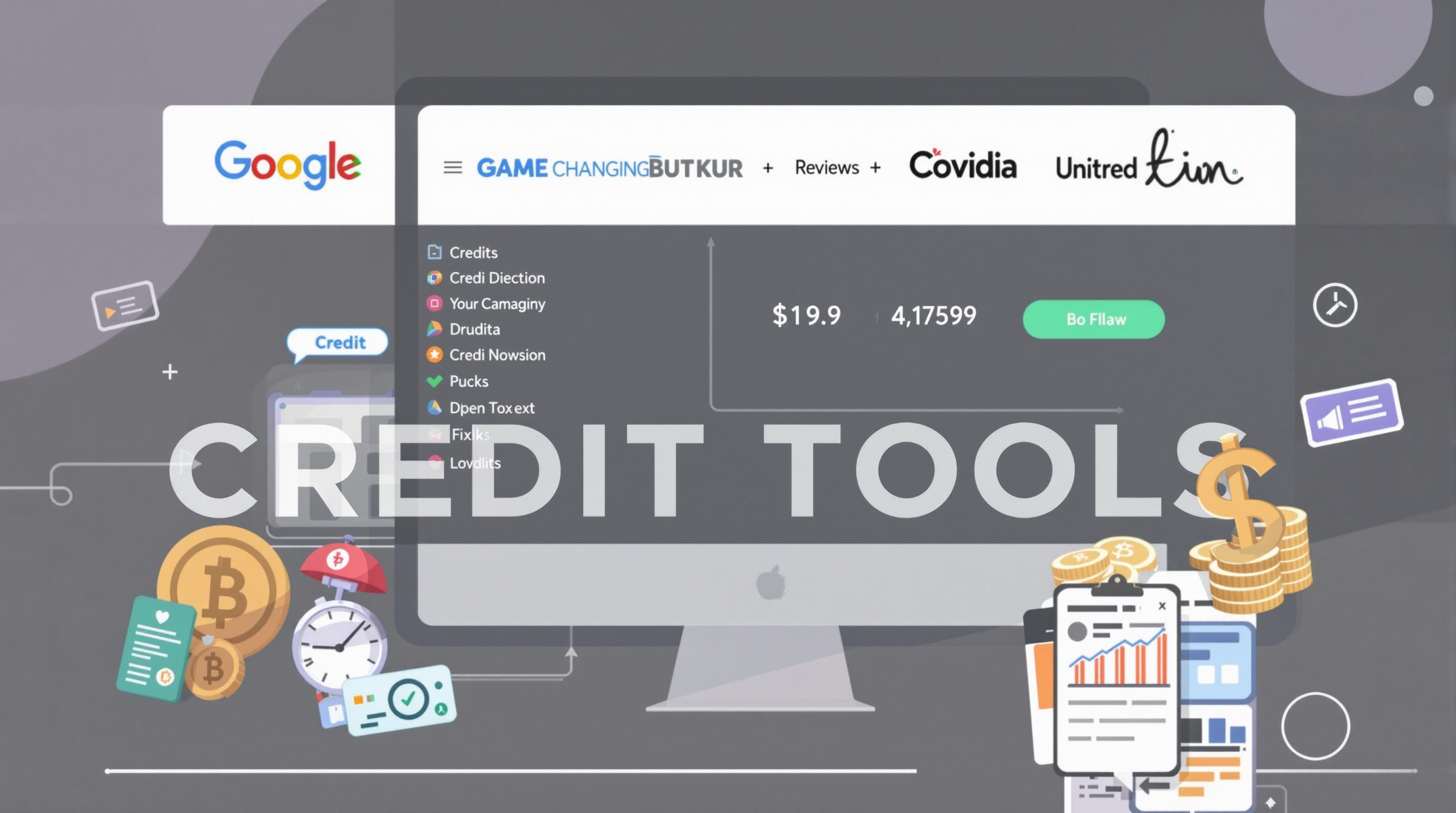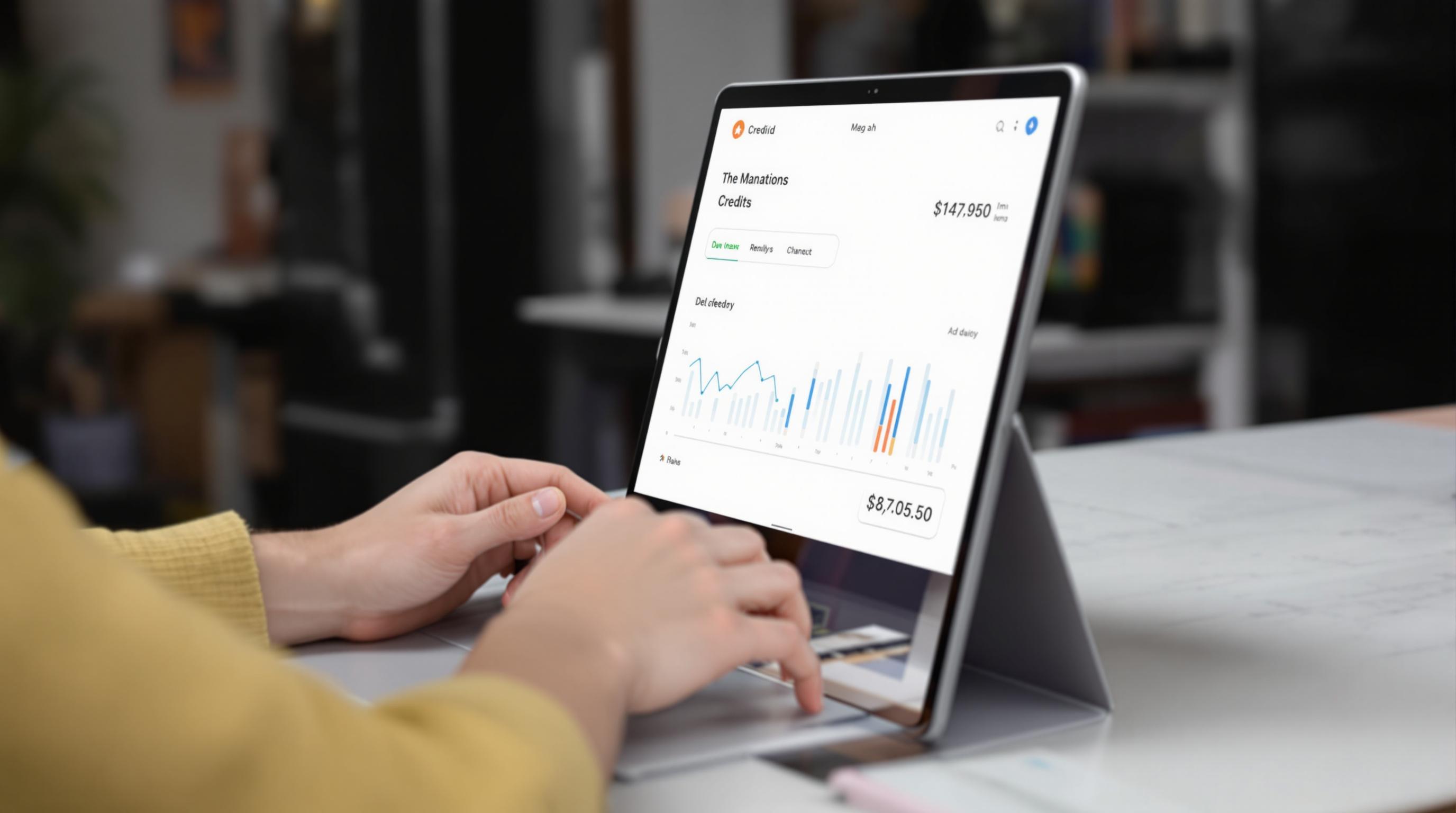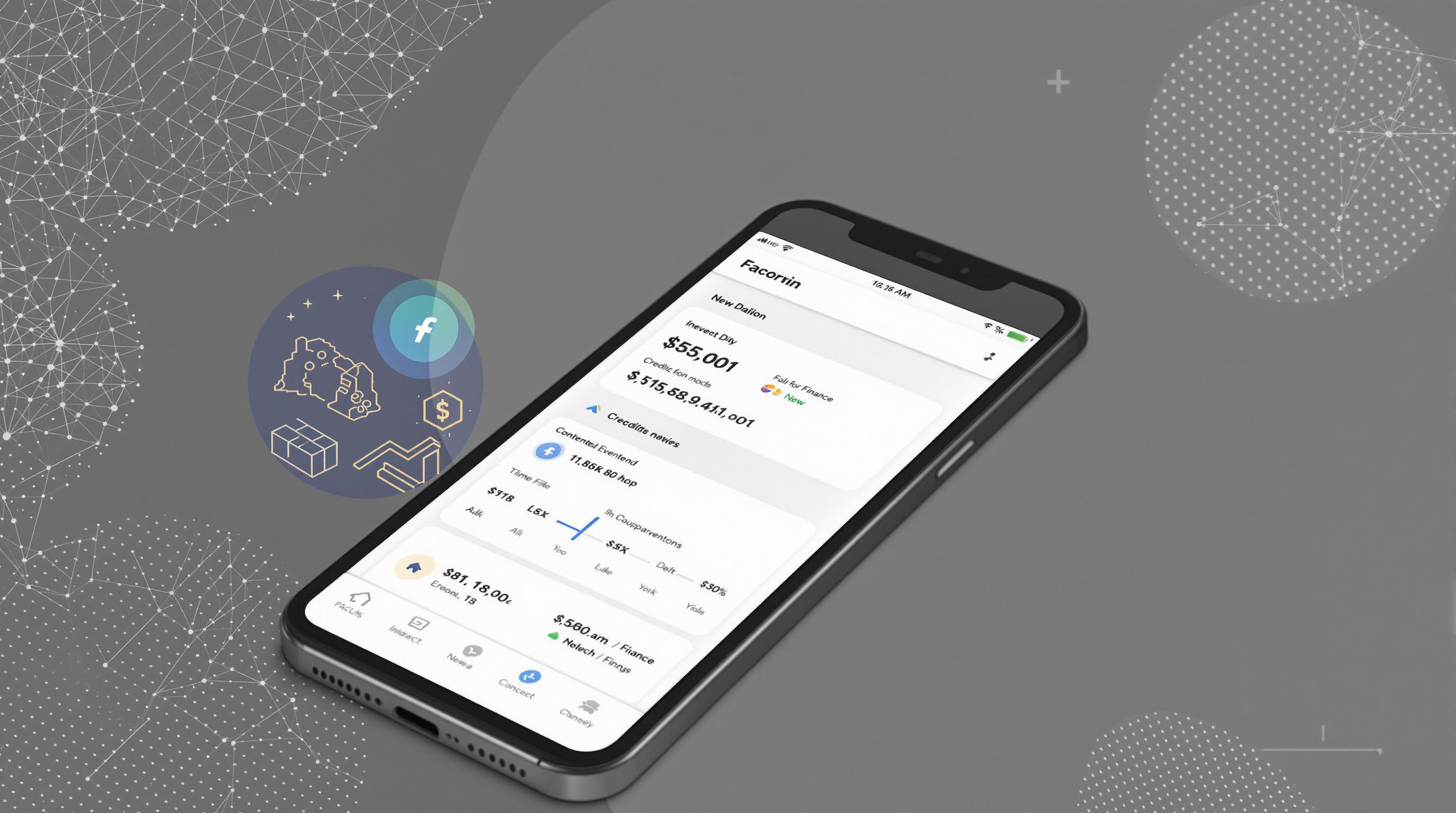Related Articles
- Top 5 Eco-Friendly Wallets Released Since 2019 That Blend Style with Smart Money Management
- Unlocking the Psychology of Spending: How Emotional Triggers Sabotage Your Saving Habits Without You Noticing
- Top 6 Revolutionary Micro-Investment Tools Launched Since 2019 Transforming Family Emergency Cash Reserves
- Top 6 New Credit Builder Cards and Apps From the Past Five Years That Actually Speed Up Your Score Growth
- Top 6 Innovative Debt Restructuring Tools from 2019 to 2024 That Outsmart Traditional Refinancing Options
- How Identity Protection Plans Intersect with Cyberpsychology to Influence Consumer Behavior and Risk Perception
5 Surprising Credit Opportunities Hidden in Everyday Subscriptions You Didn’t Know Could Boost Your Score
5 Surprising Credit Opportunities Hidden in Everyday Subscriptions You Didn’t Know Could Boost Your Score
5 Surprising Credit Opportunities Hidden in Everyday Subscriptions You Didn’t Know Could Boost Your Score
1. Streaming Services with Credit Reporting Features
Many people subscribe to popular streaming platforms like Netflix, Hulu, and Disney+, seeing them purely as entertainment expenses. However, some niche streaming services have begun reporting your timely payments to credit bureaus. By consistently paying subscription fees on time, these services can help build a positive payment history, which is one of the most significant factors in your credit score.
While the major streamers don’t typically report your payments, services like RentTrack or Experian Boost partner with streaming providers or allow you to add streaming bills manually. This process can translate your monthly bills into credit-building opportunities.
Sources such as Experian Boost confirm that incorporating utility and streaming payments into credit reports can enhance your overall credit profile (Experian, 2023). Consumers should check if their service provider collaborates with such credit reporting platforms.
2. Telecommunications Subscriptions That Improve Credit
Monthly payments for phone, internet, and cable services represent substantial recurring expenditures. Many telecom companies report payment histories directly to credit agencies, positively influencing credit scores when payments are prompt.
This means paying your AT&T, Verizon, or Comcast bills on time can bolster your credit record. Additionally, some companies offer formal programs to report these payment activities, enabling users to leverage everyday bills as a credit-building tool.
Industry research emphasizes that telecom payments can contribute significantly to credit profiles, especially for consumers recovering from poor credit or building credit from scratch (TransUnion, 2022). Therefore, managing such subscriptions responsibly can be surprisingly beneficial.
3. Fitness Memberships with Reporting Benefits
Gym and fitness studio subscriptions are common monthly expenses, often overlooked as credit-building opportunities. However, services like Gymlaunch or platforms partnering with Experian Boost can report on-time fitness membership payments.
When these payments are reported, they add to your positive payment history, demonstrating financial responsibility outside traditional credit facilities. Over time, this can improve your credit score without requiring new loans or credit cards.
Experts suggest that diversifying credit activity sources, including subscriptions like fitness memberships, reflects positively in credit scoring models, especially FICO 10 (FICO, 2023). Check whether your fitness service participates in such credit reporting programs.
4. Utility Bills via Subscriptions That Affect Credit
Utilities such as electricity, water, and gas bills are often handled as part of a fixed monthly budget. Some subscription-based utility providers now report your payment performance to credit bureaus, presenting an opportunity to enhance credit scores through regular payments.
Innovative credit services like Experian Boost allow users to link utility bills, turning non-traditional payments into positive credit data. This process is particularly helpful for individuals lacking extensive credit histories.
According to the Consumer Financial Protection Bureau, consistent utility payments reported in credit data can improve access to credit, especially for younger or underbanked demographics (CFPB Report, 2023). Leveraging utilities through credit-boosting subscription management expands financial options.
5. Subscription Box Services and Credit Reporting
Subscription boxes—from meal kits to beauty products—are gaining popularity as lifestyle conveniences. Surprisingly, some of these subscription services now offer credit reporting options, transforming your monthly purchases into credit-building activities.
Although not widespread yet, emerging platforms work with credit bureaus to record timely subscription payments from services like FabFitFun, Blue Apron, or Birchbox. This evolving practice can offer a new avenue for positive credit history accumulation.
Financial analysts recommend researching whether your favorite subscription box provider partners with credit reporting services or platforms like Experian Boost to capitalize on this opportunity. Early adopters of such credit-positive subscription reporting may experience improved credit profiles over time.
6. Insurance Premiums Charged via Subscriptions Impact Credit
Insurance companies increasingly adopt subscription billing models for policies like auto, home, and renters insurance. Timely premium payments reported to credit bureaus can positively affect your credit standing.
Some insurers report to credit agencies directly or through intermediary services, reflecting your payment behavior on your credit report. Late payments, conversely, may negatively impact your credit.
Data from the National Association of Insurance Commissioners underscores how insurance payment patterns increasingly integrate with credit scoring, underscoring the importance of keeping your insurance subscriptions current to maintain or improve your credit score.
7. Educational and Learning Platform Subscriptions with Credit Benefits
Subscriptions to platforms such as Coursera, LinkedIn Learning, or Udemy are growing investments in personal development. Although traditionally these don’t impact credit, new partnerships with credit reporting services are starting to change this.
Some education platforms are piloting programs that report regular subscription payments to credit bureaus, highlighting your financial responsibility and commitment to growth. This also helps younger consumers build credit through non-traditional means.
According to a study by the Urban Institute, non-traditional payment data from educational subscriptions may enhance credit profiles for underserved consumers (Urban Institute, 2023). Monitoring these changes may offer unique credit-building opportunities.
8. Food Delivery and Grocery Subscription Payments Reported for Credit
Services like Instacart, HelloFresh, or Amazon Fresh, often subscribed to on a monthly basis, can form part of your financial routine. Some fintech startups partner with these services to report consistent subscription payments to credit bureaus.
Although the practice is still emerging, early adopters find that regular, on-time payments help create a pattern of responsible financial behavior in their credit profile, especially important for those with limited credit history.
Credit industry experts state that including diverse payment data, such as food and grocery subscriptions, aligns with modern credit scoring trends towards holistically assessing consumers’ financial habits (Consumer Reports, 2023).
9. Cloud Storage and Software-as-a-Service (SaaS) Payments
Subscriptions to cloud storage services like Dropbox, Google Drive, or SaaS products such as Adobe Creative Cloud are regular digital expenses for individuals and businesses. Some reporting services are beginning to incorporate these payments into credit data.
When such payments are consistently on time and reported, they can contribute positively to your credit profile by demonstrating your ability to manage recurring financial obligations responsibly.
Industry reports indicate an increasing trend towards integrating digital subscription payments into credit scoring systems, reflecting evolving consumer spending patterns in an increasingly digital economy (Equifax, 2023).
10. Transportation and Mobility Subscription Services Reporting Credit
Mobility subscriptions, including car-sharing services like Zipcar, electric scooter subscriptions, or monthly transit passes, are becoming essential for many urban dwellers. Certain providers partner with credit reporting platforms to transform payments into credit data.
This innovative approach helps consumers turn daily transportation expenses into positive credit history entries, aiding especially those who lack traditional credit accounts.
According to a recent report by the Consumer Financial Protection Bureau, incorporating mobility and transportation subscription data can diversify and strengthen credit reports, aiding consumers in accessing better financial products (CFPB, 2024).




